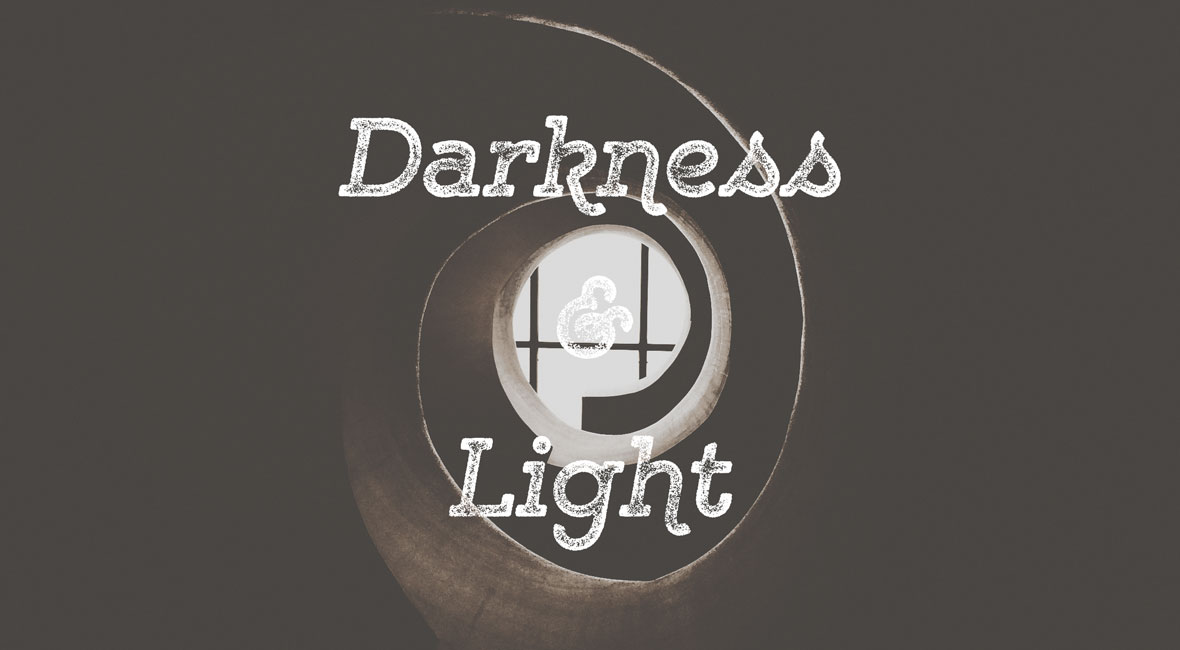Have you ever turned left when you should have turned right? All of us have gotten off track at one point or another. We’ve gone the opposite way we were supposed to, and the quicker we realize it, the sooner we can get headed in the right direction. When faced with the choice between two opposites (left or right, north or south, Ohio State or Michigan), it’s important that we choose the right one. (Go Bucks!)
We often think of death as the opposite of life, but that’s not the best picture of the truth. The relationship between death and life isn’t the same as the relationship between left and right, or in and out. Instead, it’s like the relationship between dark and light. Darkness is the absence of light, not the opposite of it. In the same way, death is the absence of life.
 In Colossians 2:13, Paul says that we were made alive with Christ, even in the midst of our sins. That means that God has filled us up with the life of Christ, which is both abundant and eternal. There is no way for us to possess this life apart from Jesus. After all, Jesus himself said in John 14, “I am the life.”
In Colossians 2:13, Paul says that we were made alive with Christ, even in the midst of our sins. That means that God has filled us up with the life of Christ, which is both abundant and eternal. There is no way for us to possess this life apart from Jesus. After all, Jesus himself said in John 14, “I am the life.”
Being dead in your sins doesn’t mean, of course, that you are biologically dead. It simply means that you are devoid of the abundant and eternal life that Jesus alone possesses and gives. It means that you are lacking, as we all do without Christ, the fullness of life that only the Author of Life can provide.
How can you become filled with this life? Through faith in Jesus Christ. You are made alive with Christ because he was made alive when God raised him from the dead. Placing your faith – your full trust, love, and obedience – in Christ means that you, too, will receive the benefit of his resurrection. But you don’t have to wait until you die to experience new life. You can have it today! Eternal life begins the moment you place your faith in Jesus. Choose life.







 For those of us who watched, the images of the dramatic rescue of the miners will stay with us forever. It is remarkable to see someone delivered out of darkness.
For those of us who watched, the images of the dramatic rescue of the miners will stay with us forever. It is remarkable to see someone delivered out of darkness.